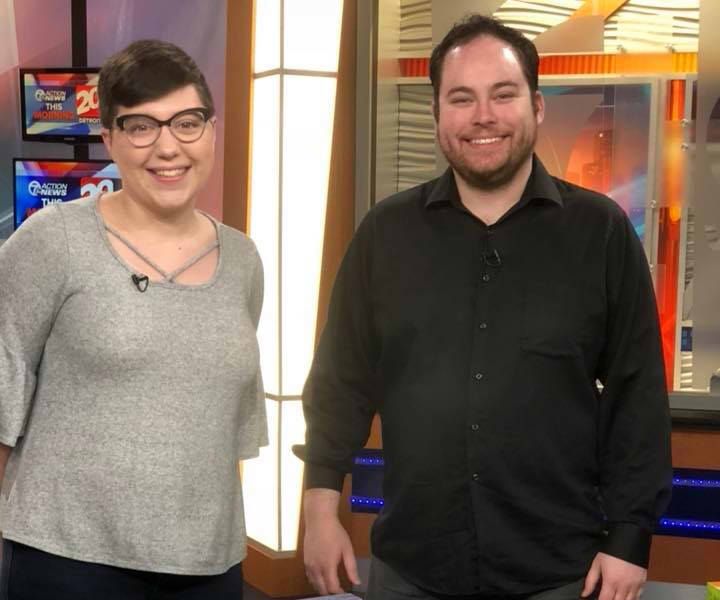The Loaded Die:
This week in our FLGs feature we wend our way over to Ferndale, Michigan to talk to game event organizer The Loaded Die.
What was the catalyst for starting The Loaded Die?
The Loaded Die was created to bridge the gap between hobby gaming & the general public. When I looked at potential business plans to create more direct connections with muggles/normies/non-gaming folk, a board game cafe type concept was very attractive. However, Detroit (and metro) is filled with resurgent businesses and entrepreneurs, so it seemed like a shame to let all that square-footage go to waste.
How do you promote inclusivity in your community?
We have libraries at 9 locations now and host well-attended weekly events at each location. We have a code of conduct which clearly outlines our values, and each of our gurus is trained on how to interact and engage folks that might take one look at the room and think “wait, no… this isn’t for me.” and make sure they find a place to play something that’s on their level. Having that first level connection from when someone walks in the room is why I think we’ve been so successful. We also do a once/month “D&D ladies night” which usually has about 3 full tables of adventurers as a way to introduce folks to the game.
We are based in Ferndale, MI, which is an LGBTQ+ community to begin with. In that way we’re kind of de-facto inclusive. Although D&D has such a history to make it intimidating to many women, and we have thus started “ladies night”, there are very few other ways we would effectively be inclusive that wouldn’t make our day-to-day operations appear less-so (i.e. A LGBTQ+ night or something might give the impression every other night is dominated by straight/cis folk – which isn’t true). The biggest actual decision we’ve made regarding inclusivity is that to exclude MtG from our operations entirely – which we’ve done from the beginning. We’ve never sold MtG at our location or run any MtG specific, or even MtG friendly events. Even though the game gets globbed into the hobby, I have no fealty toward it and have no desire to become involved in trying to reform that community to be more inclusive. I think the monetary barrier to entry is inherently exclusionary, and the player base is competitive and intimidating (and demographically homogeneous). Nothing against MtG as a game, and its not that we think it’s not possible to have diverse communities of MtG players. There were/are no shortage of MtG events in the area run by other stores, however, with somewhat of a lack of board game specific events – and so by not offering them we also didn’t have to worry about interloping or competing with many existing stores on their main product line.
Why do you think game events and game spaces are important?
Tabletop games are meant to be played in person. I think players will always want a neutral place to play games, and to that end, it is important to support the venue at which you play. Be in a local brewery or restaurant venue partner of ours in our case or an FLGS in others.
Whats the most important thing you want gamers to get out of your events?
Our product is community. We want gamers to be able to arrive at one of our venues and feel welcomed and at home. When they leave, we hope they have a view that tabletop gaming is more than just a hobby for the nerdy, but also a medium for real social interaction and bonding for the masses.


